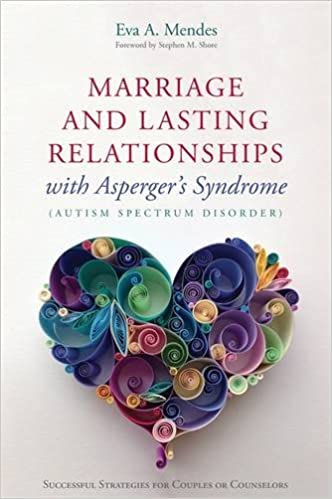Don’t “Let Things Go” (Because You Never Really Do)

Unpopular opinion: Most people, regardless of neurotype, do not truly understand or practice the concept of “letting things go” when strong emotions are involved.
This is something that has both irritated and confused me my whole life. (Now, it just irritates me.)
I have a family member who I swear their favorite phrase is, “Why can’t you just let things go?”
I can. However, whatever the “thing” is HAS to be resolved first. Otherwise, I’m not letting anything so, I’m swallowing it so it’s out of sight of others, but it’s still slowly poisoning me to death.
The reason I bring this up is because, at least from what I’ve experienced, neurotypical people get into arguments, even screaming and raging at each other, and then “everything will be fine” the next day.
My left ear! (In other words, I don’t believe that for a minute.)
Everything is not fine unless you talk out and resolve the problem or at least understand where the other person is coming from.
Just discontinuing the argument because you’re tired of fighting and apologizing to keep the peace is NOT letting it go. It’s putting a few more hours, days, weeks, months, years, or decades on the bomb clock…that’s all.
Eventually, that bomb is going to go off.
(Article continues below.)
The best way to improve communication with your autistic loved one is to understand how your autistic loved one’s mind works! Intentions, motivations, and personal expressions (facial expressions or lack thereof, body language, etc.), are often quite different in autistic people than they are in neurotypical people.
Experience a better understanding of your autistic loved one by reading books about life from an autistic perspective as well as stories that feature autistic characters. You’ll have so many “Ah ha!” moments and start seeing your autistic loved one in a different light (and you’ll have a better understanding of their behaviors, which you may have been misinterpreting up until now).
Books I recommend for a better understanding of your autistic loved one:
It’s the same thing with being “too polite to say anything”. Argh, does that rub me the wrong way!
Let’s say you’re neurotypical and your partner is autistic. They’ve been doing something that irritates you for the past few months, but you’ve just “let it go”.
No, you haven’t. Why do you think you yelled at that guy who cut you off in traffic yesterday and you’re now being treated for an ulcer??
Letting go doesn’t mean not talking about it or not working it through, it means complete and total resolution of the problem or complete and total acceptance that the problem cannot be resolved.
If there’s one thing autistic people are traumatized by (and there are a lot), it’s this false notion of “letting things go”.
Because what really happens is the neurotypical person who is really annoyed by something will delay saying something until months go by and they are finally screaming because they (understandably) can’t hold it in anymore.
(I mean, how successful are we at holding back a vomit when we’re sick?)
And that, right there, that part where you blow your top because you just can’t take it anymore, is when us autistic get our VERY FIRST CLUE that something is wrong.

We haven’t been ignoring all the signs leading up to your blowup, we have not been aware of them whatsoever.
Whatever clues you think you’re sending us non-verbally, be assured, we are not getting them. (Although we may sense something is very wrong but not know what it is, which will make us uneasy around you and only make the tension grow.)
So…tackle each misunderstanding, each issue, each slight…head on! If you are a mixed-neurotype couple or friends or family, you HAVE to set time to check in with each other. That only gives time for resentment to build!
None of this “letting it go” business because that’s not what you’re really doing. Letting it build is unhealthy for both of us.
Oh, and if you ever notice the autistic person in your life “nitpicking” you, in other words, bringing up small issues to you every day or every other day, that’s usually us being proactive in an attempt to sort out the issues before they become insurmountable.
I can tell you from experience that most neurotypical people do not have a positive response to this because it comes across as nitpicking or finding fault with everything, but, when I do it, at least, I’m trying to connect on a deeper level with someone without all that misunderstanding stuff getting in the way.
Bit of a soapbox rant, I know, but this is one that has literally bothered me for decades!
Follow me on Instagram.
Want downloadable, PDF-format copies of these blog posts to print and use with your loved ones or small class? Click here to become a Patreon supporter!







My experience with the ND in my life is that everytime I come to them with a problem, regardless of my tone, I’m met with defensiveness and stonewalling. These are known to be a major trait for for NDs. So how can we let you know when every single time we try to tell you about our issues you argue with us?
I hope you see this comment because you didn’t put your email address in. I’d be happy to help you both. I offer one-on-one translation sessions for NT people to better understand ND people are vice versa.
https://www.thearticulateautistic.com/private-consultation-translation-autistic-adult/